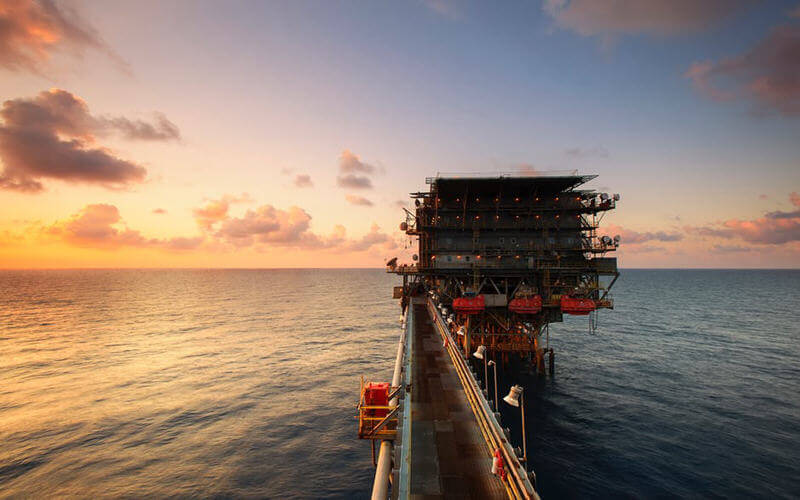
Dealmaking in the oil and gas industry is on course to record its first annual growth since crude prices crashed in 2014 as companies begin to clean up their balance sheets after the financial pain of the past three years.
Mergers and acquisitions have risen by 40 per cent to $270bn so far this year, compared with $192bn in the first nine months of 2016, according to Mergermarket.
This marks a turnround from two years of decline and Graham Watson, partner at Freshfields Bruckhaus Deringer, the London-based law firm, said conditions were “ripe for more deals” as a partial recovery in oil prices combined with sharply lower costs restore confidence to the sector.
Other examples include ExxonMobil’s acquisition earlier this year of US shale resources in the Permian Basin region of Texas and New Mexico for up to $6.6bn.
“There has been a dearth of exploration and new projects in the past few years so companies are starting to worry about where their reserve replacement is going to come from,” said Mr Watson.
At the same time, oil majors have been offloading unwanted assets to reduce heavy debts accumulated during the downturn and to reshape their portfolios in response to a changing energy landscape.
Royal Dutch Shell, for example, has agreed about $15bn of disposals this year, including the sale of high-cost, high-carbon Canadian oil sands, which have become less attractive in an era of lower oil prices and action against climate change.
Shell has also been among the sellers in a big reshuffle of North Sea assets as some groups trim their exposure to one of the world’s most mature oil basins.
Mr Watson said stabilisation in oil prices within a range of $40 to $60 per barrel over the past year had made it easier to agree valuations. “Buyers are confident it is not going down to $25 and sellers are confident it is not going back to $100,” he added.
Brent crude rose this week to a two-year high of $59 per barrel, more than double the $28 low struck early last year but still a long way short of highs above $110 in 2014.
Private equity companies have been in the thick of the action, accounting for a record $41.9bn of deals, or 15 per cent of the total. Much of their activity has been concentrated in the North Sea, where Chrysaor, backed by EIG Partners of the US, and Neptune, financed by Carlyle Group and CVC Capital Partners, bought assets from Shell and Engie, respectively.
Mr Watson predicted more private equity deals to come. “Private equity has lots of money but they’ve taken time to get management teams [with oil and gas experience] in place and to get their heads round the regulatory issues. Now they’re ready,” he said.
While offloading mature assets to private equity, oil majors are looking beyond their traditional businesses for new sources of growth. Total paid €237.5m last week for a 23 per cent stake in Eren, a renewable energy company.
“The Maersk deal sent a message that Total is still an oil and gas company but you will increasingly see the majors making investments in alternative energy with an eye on the longer-term transition to cleaner technology,” said one industry adviser.
The Mergermarket data analysed by Freshfields includes all regions of the world apart from Latin America.
Source: www.ft.com